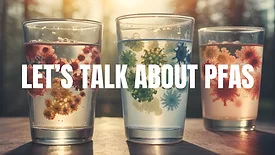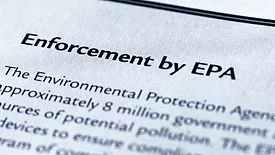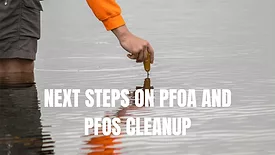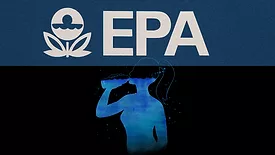Home » Keywords: » PFAS
Items Tagged with 'PFAS'
ARTICLES
Michigan has met its match with the state’s over one million private wells, urging residents to get their water tested.
Read More
EPA Moves Against Grocery Chains Over Illegal Disinfectants in Southwest Stores
The settlement resolves violations of the Federal Insecticide, Fungicide, and Rodenticide Act (FIFRA).
Read More
EPA Responds to Claims Over “Forever Chemical” Pesticides with Clarification and Context
Agency says approved compounds are not PFAS, while critics call for clearer oversight amid rising public concern
Read More
EPA Proposes Revisions to PFAS Reporting Rules
The news prompts both relief and skepticism
Read More
‘Forever Chemicals’ Represent New Environmental Threat for Florida’s Fragile Everglades
PFAS concentrations on the Miccosukee reservation were lower than those in the Miami canals
Read More
Government Policy
EPA Admits Part of the PFAS Rule Process Was Unlawful
Thereby Invalidating Sections of PFAS Regulation
Read More
EPA Outlines Next Steps on PFOA and PFOS Cleanup
To guide future designations of hazardous substances, EPA plans to develop a CERCLA Section 102(a) Framework Rule.
Read More
Lawsuit Challenging EPA’s PFAS Rule is Delayed Again
However, a petitioner expects some of the hazard index chemicals will be separated from the case and not adjudicated
Read More
Federal Advisory Panel Pushes Back on EPA's Plan to Roll Back PFAS Drinking Water Protections
Advocacy groups question legality of rescinding, delaying PFAS regulations set in 2024
Read More
Wurtsmith AFB: Evaluating Cost, Energy, and Waste Management for PFAS Groundwater Containment Options
A look at two PFAS cleanup approaches reveals how choosing the right technology can slash costs and shrink environmental impact
Read More
Dig deeper into the drilling and water supply industry!
Build your knowledge with The Driller, covering the people, equipment and technologies across drilling markets.
SIGN UP NOWCopyright ©2026. All Rights Reserved BNP Media.
Design, CMS, Hosting & Web Development :: ePublishing











